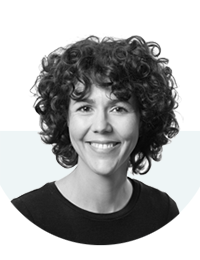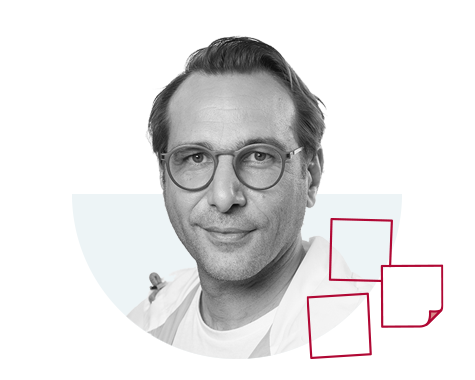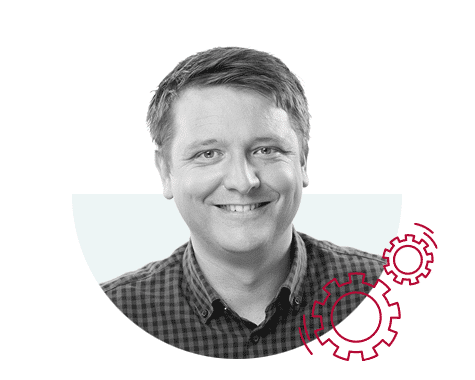Traditional insurance companies and banks are facing enormous challenges, not least due to high regulatory and digitalization pressure. Neobanks and digital insurance brokerage platforms have also been active in Germanfor years and, enabled by open banking initiatives, are pushing into the customer interface.

Masterclass: Future of X - Financial Services
The future of banks and financial service providers
However, not only fintechs and insurtechs but also international digital groups, equipped with European or German banking licenses, have expanded their service portfolios to include financial services in the areas of payment and insurance, among others. While some traditional financial services providers are still working on the implementation of initial online and mobile offerings at different points in the customer journey, the next wave of technology with disruptive potential is already poised for mass adoption with decentralization in the form of distributed ledger technologies and the increasing emergence of blockchain-based DeFi (Decentralized Finance) offerings. The introduction of robotic process automation (RPA) systems is forcing financial service providers to look at artificial intelligence and its ethical and correct use, and already today, increasing cybersecurity risks mean that the IT departments of these companies need to learn about topics such as cryptography in a post-quantum world or launch initial pilot projects in order to be future-proof.
ESG (Environmental, Social, Governance) criteria must be taken into account, as must the consistent testing of new business models in an increasingly volatile financial world in which software is being developed at unprecedented speed by citizen developers in the specialist departments. Agile and hybrid working is becoming the new normal, and the talent development team has a special role to play in making live long learning an attractive proposition for employees.
Goals:
- The masterclass provides an outlook on changing lifestyles in the next five to ten years with a focus on the financial services industry
- You will learn about those technological, social, environmental and economic trends that will most influence insurance companies, banks and other financial service providers in the future
- In entertaining working groups you develop first application examples for your industry
- We enable you to evaluate emerging issues in the financial services environment and assess the impact on your business
Key Facts
Duration
1 Day
Participants
The Masterclass takes place in a group of maximum 25 participants
Workshop language
German
Location
HPI Academy, Potsdam
Target audience
The Masterclass is aimed at employees in banks, insurance companies and other financial services companies, regardless of size.
In the future, companies and their employees must be able to act, speak and provide information in the face of rapid developments in new technologies as well as social and economic trends.
This is the only way you can react to new impulses from outside in the shortest possible time or even be a trendsetter and innovation driver yourself in the future.
Costs
1.000 EUR (plus VAT)
More information
Registration deadline is two weeks before the respective date
The Masterclass lecturers will show you possible futures of the financial services industry in several, short impulses. By means of clearly formulated hypotheses and practical examples, they will give you a compact overview of the banking and insurance market in the coming years, which will serve as a basis for discussions and entertaining workshop sessions in small groups. You will learn how mobility, communication, energy, housing and health will be linked to financial services in the future, which methods can be used to work on this future, and then apply this knowledge to develop initial ideas and application examples for your future projects.
Agenda
Impulses on future lifestyles, working on the future and trends and theses on the future of financial services, each followed by discussions and entertaining work sessions in small groups for reflection and transfer of what has been learned to one’s own company.
Part 1
Impulse and working session
Part 2
Impulse and reflection
Part 3
Part 3



